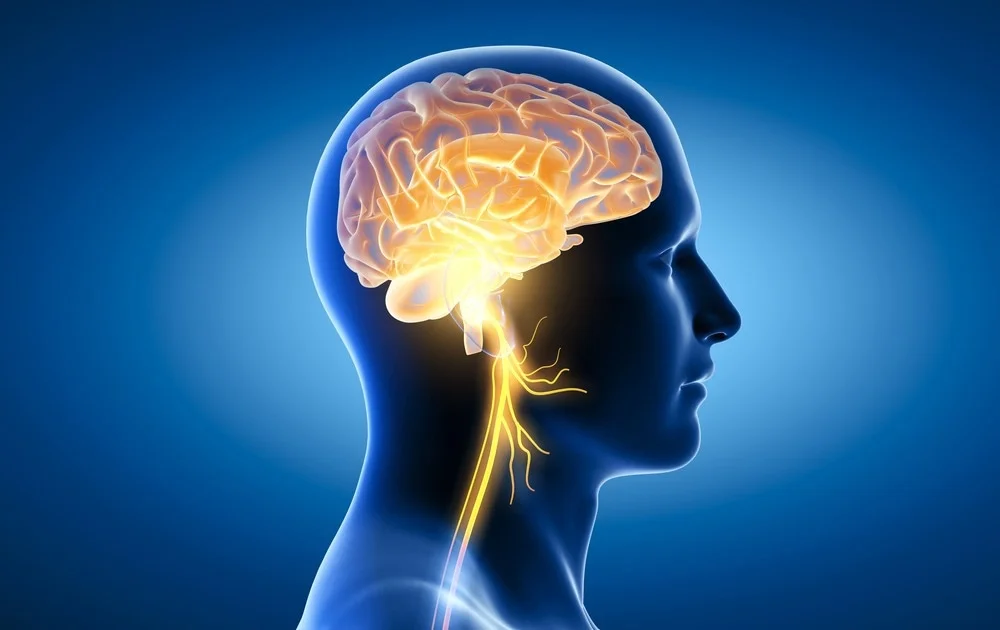NET Brain Therapy India

In recent years, NET brain therapy India initiatives have begun to reshape the future of psychiatric and addiction treatment. Known as Non-Invasive Brain Therapy or Neuromodulation Enhancement Therapy (NET), this cutting-edge approach uses electromagnetic stimulation to modulate brain activity without the need for medication or surgery. This therapy is being piloted in various parts of India, offering new hope to patients suffering from depression, anxiety, PTSD, OCD, and substance abuse disorders. Clinics like Prayas rehab, one of the best rehab centres in India, are closely observing and in some cases integrating this therapy into their treatment protocols.
What is NET Brain Therapy?
NET (Non-Invasive Brain Therapy) is a modern technique that uses Transcranial Magnetic Stimulation (TMS) or Transcranial Direct Current Stimulation (tDCS) to stimulate or calm targeted regions of the brain. Unlike pharmaceutical treatments that affect the whole body, NET focuses on the specific neurological circuits responsible for mental health conditions. The therapy is painless, requires no anesthesia, and is done on an outpatient basis, making it especially attractive in a country like India where stigma around traditional psychiatric treatments still persists.
Growth of NET Br ain Therapy India Programs
India has recently started pilot programs in top medical institutions such as:
-
All India Institute of Medical Sciences (AIIMS), New Delhi
-
National Institute of Mental Health and Neurosciences (NIMHANS), Bengaluru
-
Tata Institute of Social Sciences (TISS), Mumbai
These pilots are being conducted in collaboration with global research institutions to test the efficacy of NET brain therapy India treatments for different psychiatric profiles. The trials aim to evaluate not just the neurological impact but also improvements in quality of life, relapse rates, and social integration.
Why NET Brain Therapy Matters in India
India faces a massive mental health crisis. According to the World Health Organization, one in seven Indians suffers from some form of mental disorder. Medication and psychotherapy remain the primary treatment options, but many patients are resistant to medication due to side effects, cost, or lack of response.
That’s where NET brain therapy India projects are proving promising:
-
Safe and painless: No risk of chemical dependency.
-
Effective for treatment-resistant patients: Especially those who don’t respond to SSRIs or mood stabilizers.
-
Short sessions, quick recovery: Most sessions last less than 30 minutes and don’t interrupt daily life.
-
Positive results in addiction recovery: Especially in tobacco, alcohol, and opioid dependence.
Clinics like Prayas rehab are exploring this technology to complement traditional detox and behavioural therapies, particularly for relapse prevention.
NET Brain Therapy for Addiction Treatment
Emerging evidence from international and Indian studies indicates that NET brain therapy India pilots are showing tangible results in addiction recovery. By targeting the prefrontal cortex and limbic system, NET can reduce cravings and help stabilize emotional triggers that often lead to relapse.
At Prayas rehab, specialists emphasize that integrating NET into standard addiction therapy models has the potential to reduce dropout rates and enhance motivation levels among patients. While still in the experimental phase in many Indian clinics, the success stories from NET programs in countries like the U.S., Canada, and the Netherlands are paving the way for faster adoption.
For detailed clinical trials and evidence-based findings, the U.S. National Library of Medicine offers a comprehensive database at ClinicalTrials.gov.

Challenges Facing NET Brain Therapy in India
Challenges Facing NET Brain Therapy in India
While the future seems bright, NET brain therapy India initiatives face several hurdles:
-
High cost of equipment: TMS and tDCS machines are expensive to procure and maintain.
-
Need for specialized training: Few Indian psychiatrists or neurologists are trained in delivering neuromodulation therapies.
-
Limited awareness: Many patients still prefer Ayurvedic or homeopathic alternatives due to lack of knowledge or accessibility.
-
Regulatory clarity: India still lacks clear guidelines on how to standardize and regulate the use of NET in public and private institutions.
Despite these challenges, the Indian medical community is increasingly optimistic. Government bodies, such as the Department of Health Research (India), are considering funding research and equipment procurement under national mental health schemes.
Integration with Best Rehab Centres
A unique feature of the NET brain therapy India expansion is its inclusion within top-tier rehabilitation center. The best rehab centres like Prayas rehab are not only focused on detox and counseling but also on holistic, neuroscience-driven healing. By merging NET with therapy sessions, cognitive training, yoga, and mindfulness, these center offer a well-rounded recovery model.
Such integration also provides a new level of personalization in care—where treatment is based on individual brain mapping rather than a one-size-fits-all drug regimen.

Public Response and Early Results
Initial feedback from patients undergoing NET brain therapy India pilots has been largely positive:
-
Reduced depressive symptoms within 4 weeks
-
Improved sleep and appetite
-
Lower anxiety levels and irritability
-
Enhanced focus and motivation
Moreover, family members report that patients exhibit better emotional stability and improved interpersonal relationships after sessions.
Patient testimonials from institutions like NIMHANS and AIIMS suggest a promising future, especially if supported by more outreach and subsidies.
Conclusion
The pilot programs for NET brain therapy India may still be in their early stages, but they represent a major shift in how we approach mental health and addiction treatment. With institutions like NIMHANS, AIIMS, and even forward-thinking best rehab centres such as Prayas rehab, NET is poised to become an integral part of India’s healthcare ecosystem. As awareness, affordability, and acceptance grow, NET may well redefine recovery in the 21st century—without needles, without pills, and without pain.